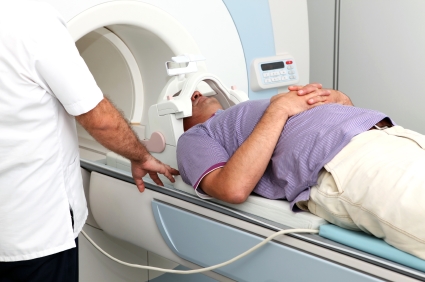Learning to Change Brain Activity to Decrease Cocaine Craving
Colleen Hanlon, a researcher at the Medical University of South Carolina, has found that biofeedback can be used to decrease cocaine craving in people with substance abuse problems. In her research, patients were given real time feedback from functional magnetic resonance imaging (fMRI) and learned to decrease the activation of a part of the brain called the anterior cingulate when exposed to cocaine cues (reminders of their desire for cocaine). They were able to decrease drug craving as well as heart rate and skin conduction, which often accompany it.


